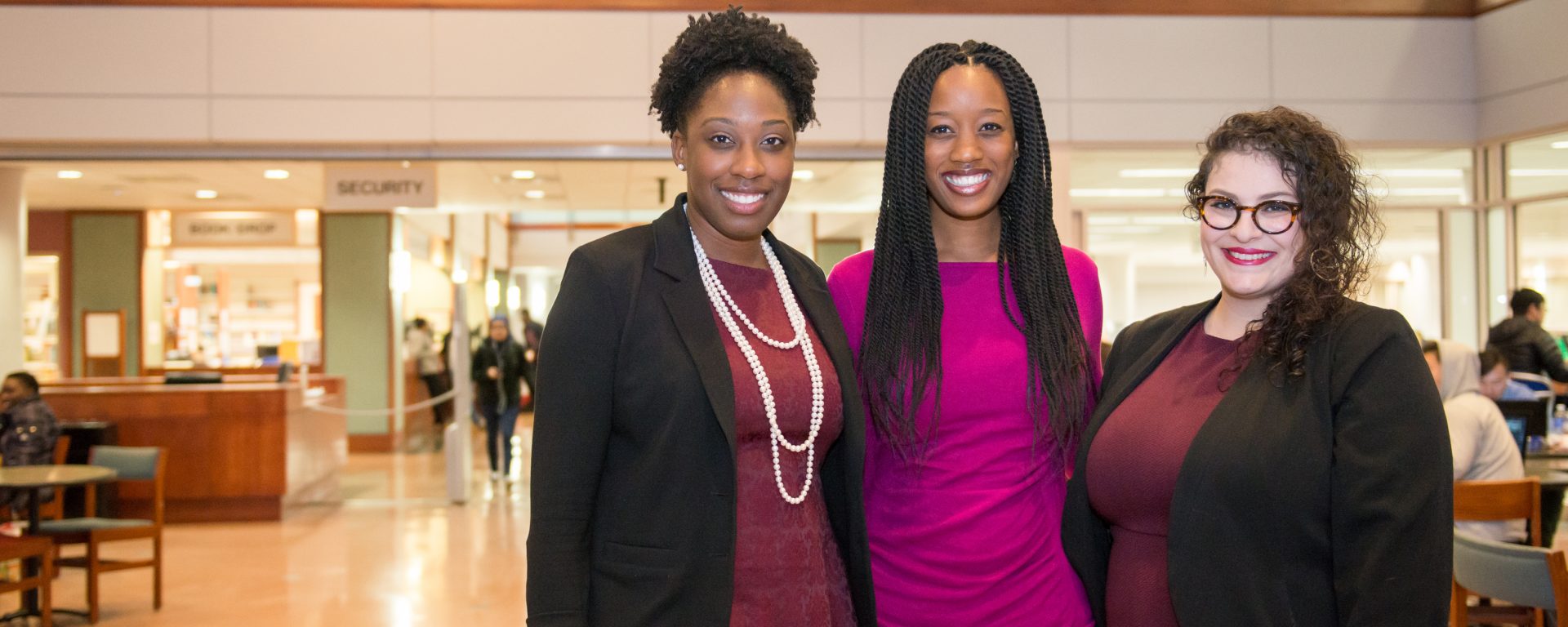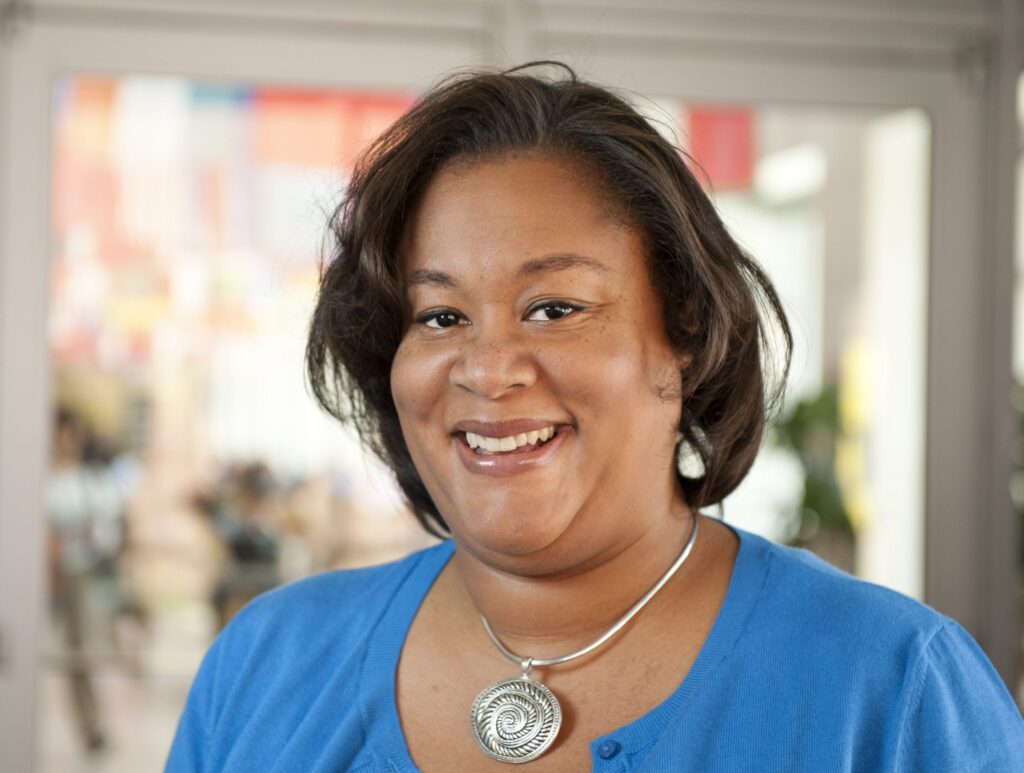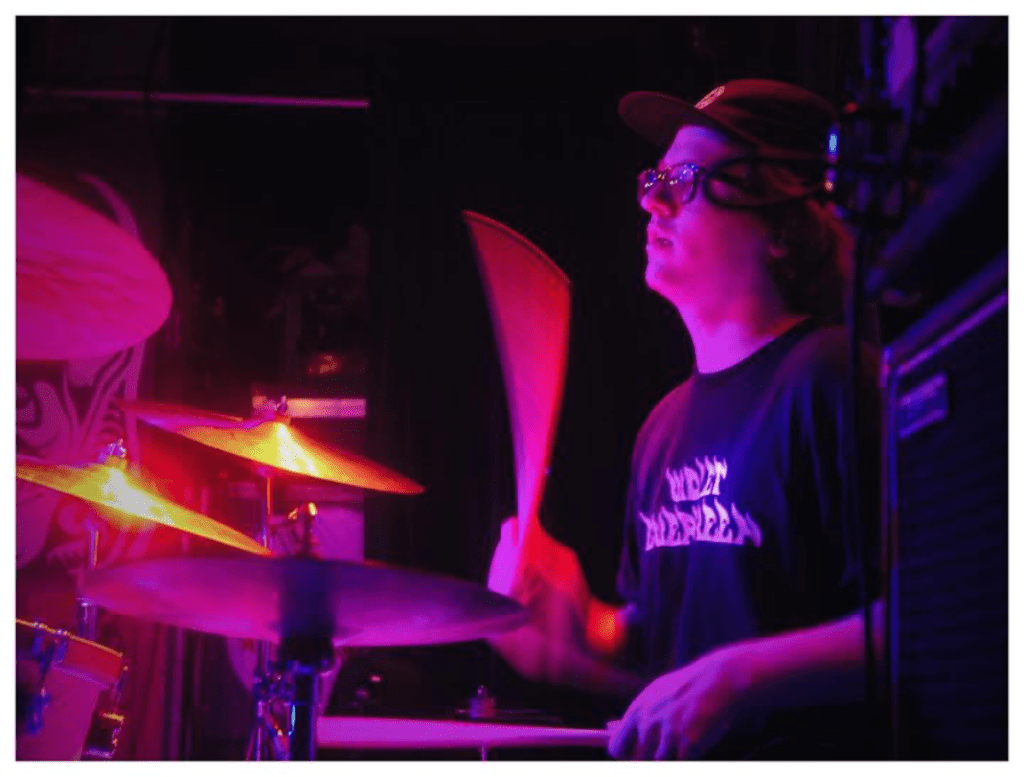The Woodrow Wilson National Fellowship Foundation has selected UMBC’s Mejdulene B. Shomali as a Career Enhancement Fellow. She is one of just 32 professors selected from institutions from across the country. The program, funded by The Andrew W. Mellon Foundation, supports junior faculty with particularly promising research. The fund seeks to increase the presence of faculty members who are underrepresented in their fields and other faculty committed to eradicating racial disparities in the arts and humanities.
The highly competitive fellowship funds career development opportunities for junior faculty whose scholarly projects promote the well-being of diverse and democratic societies. Shomali’s award includes funding for a sabbatical year; a stipend for research, travel, or publication support; mentoring from a tenured faculty member in a related field of study; and a professional development retreat.
Diversity in the Arab world
Shomali came to UMBC in 2015 as a member of the third cohort of UMBC’s Postdoctoral Fellows for Faculty Diversity. She is now an assistant professor in gender, women’s, and sexuality studies and is the fourth UMBC junior faculty member to receive the Career Enhancement Fellowship.
Shomali is devoting her fellowship year to completing a book manuscript, Femininities: Queer Critique and Transnational Arab Culture. Her research is a cultural study about how femininity and queerness in Arab and Arab-American cultures are represented by Arab and Arab-American writers and artists. “I am very interested in how Arab and Arab-American artists, producers, and writers navigate the discourse that shapes their culture,” explains Shomali.
Cultural productions by Arab and Arab-American creative professionals create and communicate identities not defined by the West and can help dispel monolithic views of Arab identities. However, to fully understand the meaning and process of this work, explains Shomali, it has to be contextualized within a wider world—a world that does not truly understand who Arabs are and what Arabness is.
“Most people don’t know there are twenty-two countries in the Arab league. These countries share Arabic as the primary national language. Many are Muslim-majority nations,” shares Shomali. “Many, but not all.” She notes, “There is great linguistic, cultural, ethnic, and religious diversity within the Arab world.”
Shomali’s work explores how Arab perspectives are countering stereotypes of Arab culture created by the United States and other Western nations, which are exacerbated by racial and political tensions. She shares, “Arab and Arab-American artists must create while managing the effects of Orientalism, anti-Arab racism, Middle Eastern politics, and politics of cultural authenticity, which influence how they portray gender and sexuality in their worlds.”
Representations of gender and sexuality
Shomali’s teaching also focuses on the diversity of Arab cultures, identities, and experiences, helping students move past stereotypes of the Arab world as being uniformly misogynistic, anti-woman, and homophobic. As a professor of transnational queer literature, Shomali teaches multiple interdisciplinary courses about issues related to gender, sexuality, race, the media, and transnational feminism.
In these courses, Shomali has seen some students struggling with stereotypes created by Western media about Arab culture and identity. “The creation of these gender and sexuality stereotypes is a tactic that the U.S. and the West have used to feel exceptionally inclusive about gender and sexuality,” explains Shomali. “The same statistics of homophobia, anti-queer legislation, and gender-based sexual violence exist in the Western world.”
A strong tradition of humanities scholarship
The Career Enhancement Fellowship will help Shomali delve further into the complexities of Arab identity and its effect on Arab and Arab-American artistic work through text analysis. It will also inform her teaching practices and course development upon her return.
“I want to document, analyze, and create an awareness of this creative process to spotlight the amazing work that is happening within the Arab art world as defined by Arab and Arab-American artists,” says Shomali.
Shomali’s work reflects a strong tradition of UMBC faculty doing important humanities scholarship recognized by the Woodrow Wilson Foundation. Professor Michelle Scott, history, was UMBC’s inaugural recipient of this fellowship in 2005-2006. Scott also served as a program mentor in 2013 and continues to support faculty through the application process.
Scott used her fellowship year to complete a draft her first manuscript, Blues Empress in Black Chattanooga: Bessie Smith and the Emerging Urban South. “The fellowship time was invaluable in creating a network of like-minded scholars to help me navigate manuscript research and publishing while learning the landscape of my first tenure-track job,” remembers Scott.
Viviana MacManus, a former assistant professor of gender and women’s studies, now at the University of Maryland, College Park, was UMBC’s second Woodrow recipient. She used the sixth-month fellowship to work on her book manuscript We Are Protagonists of This History: Gender, Political Violence, and Testimonies of Resistance in Latin America’s Dirty Wars. It centered on Latin America’s history of gender and state violence during the “Dirty Wars” of Argentina and Mexico from the 1960s through the 1980s.
Maleda Belilgne, assistant professor of Africana studies and English, is currently completing her year-long fellowship. She used her award to complete her book manuscript, which explores space, sound, and the speculative in the literature of the African diaspora.
After her year of research and writing Shomali plans to return to the classroom to share new perspectives and resources with her UMBC students.
To learn more about professor Shomali’s work visit her website, read her blog, and watch the Race and Religion in the U.S. panel she organized in spring 2019 with the UMBC Dresher Center for the Humanities. Follow @UMBCHumanities on Twitter for more stories.
Banner image: Postdoctoral fellows for 2015 (L to R) Keisha Allen, Nkiru Nnawulezi, and Mejdulene Shomali. All photos by Marlayna Demond ’11 for UMBC. Race and Religion in the U.S. video by UMBC New Media Studio.
Tags: AfricanaStudies, CAHSS, English, GWST, History, majoraward, Research





